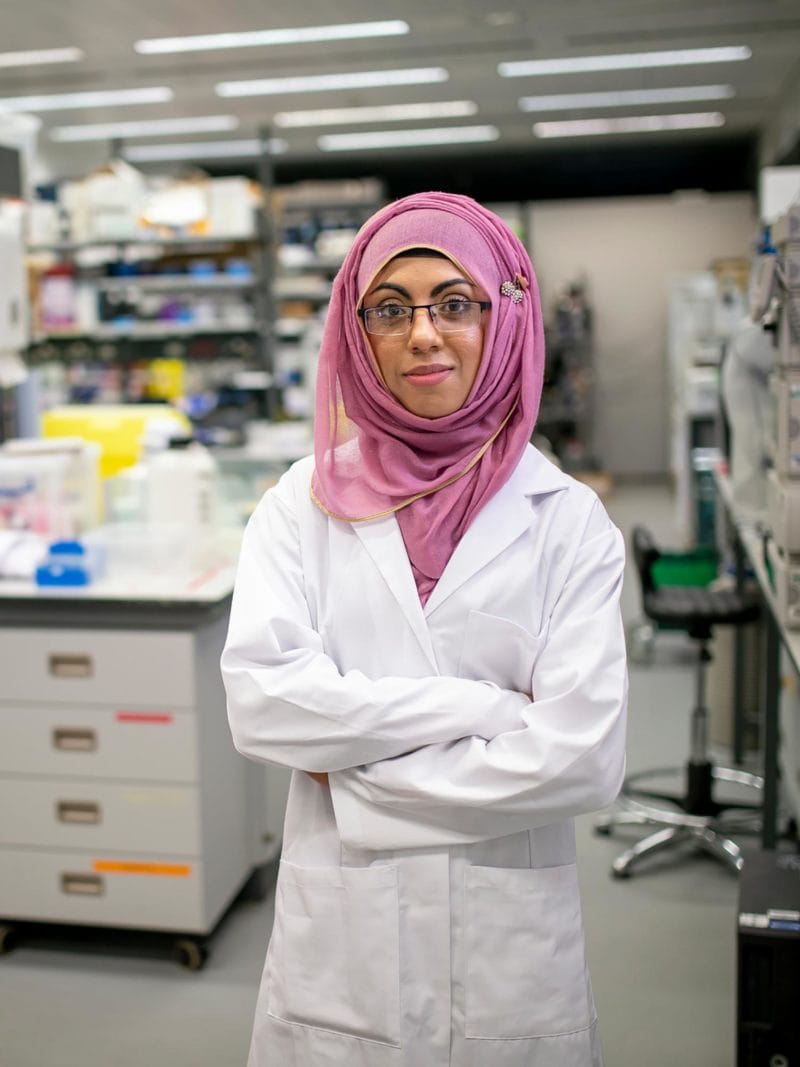Key topic areas
-
Capabilities
Work we fund explores skills and capabilities that equip people for living and working well. We will continue to focus on oral language, literacy, and wider communication skills; and on numeracy, quantitative, digital, and data skills. We will build on the work of The Skills Imperative 2035 Strategic Fund project, which has identified essential skills for future employment (for example, problem-solving and creativity). We are interested in social and emotional qualities, such as resilience, self-regulation, and empathy, and the role that parents, families and others play in fostering them.
-
Educational disadvantage: causes, consequences, and solutions
Our work investigates various forms of educational disadvantage and vulnerability, particularly for those locked into trajectories of low achievement or facing particular barriers. These include socio-economic or geographical factors, special educational needs and disabilities, issues relating to mental health or neurodiversity, being in or leaving care, and experiences of discrimination.
-
Young people’s pathways
We want to improve the evidence base on young people’s opportunities, choices, and aspirations at key points. These include pre-16 subject and course choices; the post-16 tertiary landscape, particularly technical and vocational routes; career preparation; and the role of employers.
-
Teaching and learning
Our work aims to improve understanding of – and access to – high-quality teaching and learning, by focusing on workforce supply, conditions, and professional development; effective practice, pedagogy, and assessment; the role of AI and other digital technologies; approaches to engagement and inclusion (including behaviour and absence); and organisational issues, such as funding, accountability, regulation, and admissions.
















